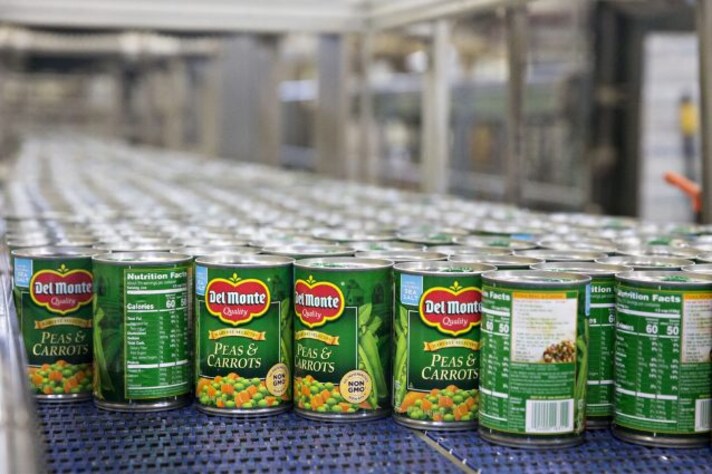
Del Monte Foods, the 139-year-old canned goods giant known for its iconic green-labeled fruits and vegetables, has filed for Chapter 11 bankruptcy protection as of July 1, 2025. The company, which helped define the American pantry for generations, is now seeking a buyer and restructuring its debt in an effort to stay afloat in a rapidly evolving food landscape.
Why the Filing?
Del Monte cited a combination of declining consumer demand, inflationary pressures, and shifting dietary preferences as key reasons for the filing. As more shoppers gravitate toward fresh, organic, and minimally processed foods, traditional canned goods have fallen out of favor. The company also faced mounting costs from tariffs on imported steel and aluminum, which directly impacted the price of its packaging materials.
In a statement, CEO Greg Longstreet called the move a “strategic step forward,” saying the court-supervised sale process would help “accelerate our turnaround and create a stronger and enduring Del Monte Foods”.
What Happens Now?
Despite the bankruptcy, Del Monte emphasized that it will continue operations during the restructuring. The company has secured $912.5 million in debtor-in-possession financing from existing lenders to support day-to-day business while it seeks a buyer3. Its non-U.S. subsidiaries are not included in the Chapter 11 proceedings and will continue to operate normally.

The company’s assets and liabilities are estimated between $1 billion and $10 billion, with up to 25,000 creditors involved.
Founded in 1886, Del Monte has long been a staple in American households, offering everything from canned peaches and green beans to tomato products under its Contadina brand, broths under College Inn, and even bubble tea under Joyba. While newer product lines like Joyba and broth have seen modest growth, they haven’t been enough to offset the decline in canned produce sales.
The company has also closed several production facilities in recent years and laid off workers in an effort to cut costs. Its flagship cannery in Modesto, California, will remain operational for now, especially as the summer fruit harvest ramps up.
What This Means for Shoppers
For now, Del Monte products will remain on store shelves. The company has assured customers and growers that it intends to fulfill all current contracts and continue production through the 2025 season. However, the future of the brand—and whether it will be acquired, restructured, or broken up—remains uncertain.
;Resize,width=767;)
